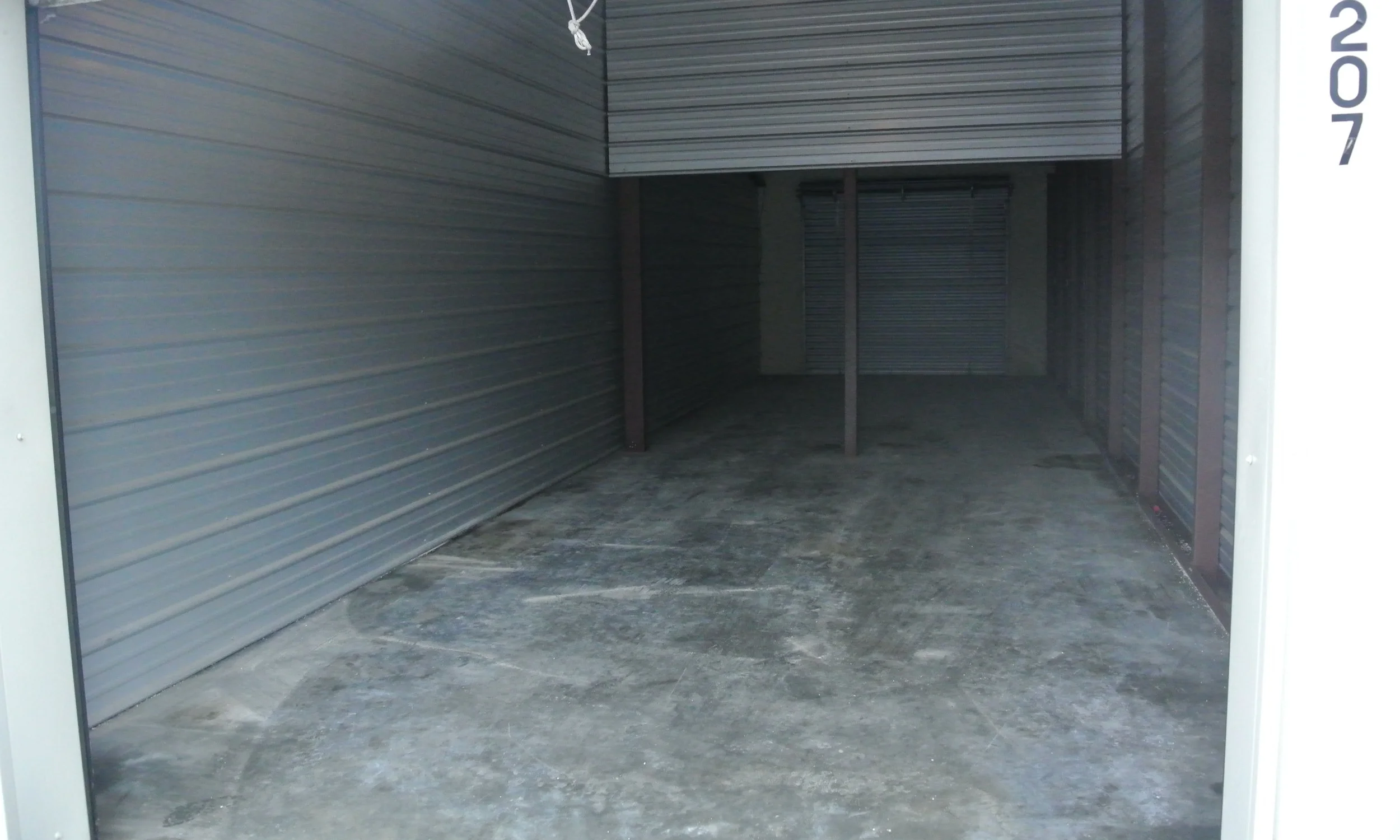Packing Tips
Start packing two weeks in advance of your moving day.
It is always easier to stack boxes that have the same dimensions.
Utilize smaller boxes for heavier items.
Utilize larger boxes for lightweight bulky items.
Fill each box completely and compactly.
Do not overfill or under utilize each packing box.
It will save you an enormous amount of searching time if you list the contents of each box on a piece of paper and attach the list to each box.
Seal all boxes with heavy duty packing tape.
Wrap all dishes and glassware individually in tissue or packing paper.
Make sure the boxes you use are able to withstand 20-30 lbs. without tearing or collapsing.
Avoid packing fragile and heavy items in the same box.
Wrap mirrors and pictures in separate cardboard boxes and be sure to mark them "FRAGILE".
Be sure to tape drawers shut when moving in order to prevent them from falling out. Clothes, silverware and other small items can be stored in these drawers to save space.
If you are moving large appliances, note that they can be utilized for additional storage space for non-fragile items. (Example: blankets, tablecloths, linen, etc.)
Shovels, rakes, brooms, etc. should be tied together and stored in empty garbage cans.
REMEMBER: moving is a great time to get rid of excess items that you never use anymore.
Don't store unnecessary items.
Storage Tips
Furniture: remove legs and disassemble to conserve space. Wrap legs together with packing paper and tape them to protective cover of the corresponding item. Place tables face down with legs pointing up if you can't disassemble its legs. Individually wrap cushions and tape them together. REMEMBER: lay down cardboard on storage unit floor to protect furniture from scratches.
Large Appliances and Equipment: if your refrigerator or freezer is not properly cleaned and dried before being stored, you run the risk of them being damaged due to both moisture and mildew. REMEMBER: leave doors slightly ajar when stored.
Lawn Mowers: drain all gasoline and oil from all small engines.
Metal: wipe a few drops of oil on tools and bicycles for protection against rust.
Books and Files: pack important documents in file boxes. Pack books flat to avoid damage to their spines. Don't overfill boxes and fill extra space with tissue. Keep moisture out by lining these boxes with plastic sheeting on both the top and the bottom.
Mattresses: wrap a plastic covering to avoid damage.
Storage Organization Tips
Lay down cardboard or skids on the floor of your storage unit.
Create a walkway inside your storage unit to allow for easier access to all of your items, keeping things that you will need to get access to more frequently at the front.
Draw and label a map of where everything is located in your storage unit.
For better ventilation, leave a few inches of space between your items and the walls.
Stack similar boxes together.
Stack heaviest items on the bottom and lighter items on the top.
Stack pictures and mirrors on their sides.
Disassemble table legs to save space.
Place mattresses on end so they stand straight up.
To protect items against dust, cover exposed items with old blankets.
Store sofas on end to conserve space.
Always lock the door to your storage unit when leaving.
Checklist
Arrange for disconnection and reconnection of utilities, telephone and cable.
Close and transfer bank accounts and safety deposit boxes.
Drain gasoline from lawn mowers and all other small engine items being stored.
Empty, defrost, clean and thoroughly dry refrigerator and freezer.
Have you forgotten anything? (Example: loaned items, borrowed items, dry cleaners, tailor, repair shop, etc.)
Purchase packing supplies. (See above list)
Collect boxes.
Pack smartly, effectively and efficiently.
Label each box with content information.
Arrange for a moving truck.
Donate or have a garage sale for all unwanted items.
Go to post office and arrange for a "Change of Address".
Transfer automobile and drivers' licenses, medical, dental, school, pet records, eye prescriptions and subscriptions.
Settle all local tax bills and all other outstanding accounts.

